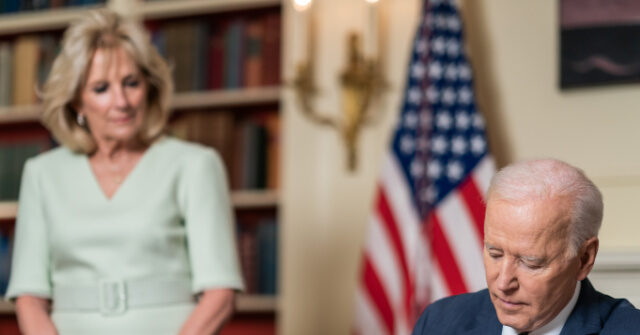In recent statements, White House Press Secretary Karine Jean-Pierre indicated that President Joe Biden is anticipated to issue more pardons toward the end of his term. This announcement gained further attention following a report from Politico, which suggested that Biden is contemplating preemptive pardons for various allies in Congress and other federal officials, including notable names such as Liz Cheney, Adam Schiff, and Anthony Fauci. The hints of these potential pardons have ignited discussions around Biden’s approach to clemency and the implications for his administration and supporters.
As speculation swirls about whom Biden might pardon, some Republicans have suggested that he may also consider pardons for family members involved in business dealings. Concerns about the fairness and consistency of the clemency process were raised by reporters, especially in connection to Hunter Biden’s recent pardon. Jean-Pierre emphasized that Biden’s consideration of pardons is intentional and that there is an established process for clemency decisions. She indicated that more announcements regarding pardons are forthcoming and that the president is thoroughly contemplating the implications of any clemency actions.
Democrats and their allies in the media have been vocal in urging Biden to extend preemptive pardons to those considered vulnerable to legal challenges, particularly those involved in or supportive of his administration. The list of suggested beneficiaries for these pardons has grown to include not only Biden’s family members and political colleagues but also key officials such as Christopher Wray, Mark Milley, and Nancy Pelosi. The potential for these pardons raises questions about accountability and the loyalty within the political sphere as Biden approaches the conclusion of his term.
Former Watergate special prosecutor Jill Wine-Banks expressed both relief and enthusiasm over Biden’s pardon of Hunter Biden, calling for further preemptive pardons. Wine-Banks articulated a sense of urgency regarding those facing what she perceives as “injustice” due to partisan actions, specifically looking toward the Department of Justice under the Trump administration. She underscored that those involved in legal investigations, including prosecutor Jack Smith and his team, as well as possibly Biden himself, might require pardons to fend off politically motivated legal harassment.
The discourse surrounding presidential pardons often taps into deeper legal and constitutional questions, such as the ability of a president to pardon themselves. The complexities of this issue were highlighted by legal discussions surrounding the implications of pardoning family members and political allies. Legal precedence and interpretations continue to evolve, leading to a nuanced understanding of the boundaries and intentions behind such actions. The debate offers fertile ground for political commentators and legal analysts alike, as they examine the implications for governance and accountability.
As the Biden administration approaches its final year, the anticipation of additional pardons signifies a pivotal moment in American political history, reflecting both the contentious landscape and the intricate relationships within it. The potential outcomes of Biden’s decisions regarding clemency may shape the dynamics of the upcoming elections, legal challenges, and the legacy of his presidency, whereby the act of granting pardons becomes a strategic tool amid a climate characterized by division and dissent.

